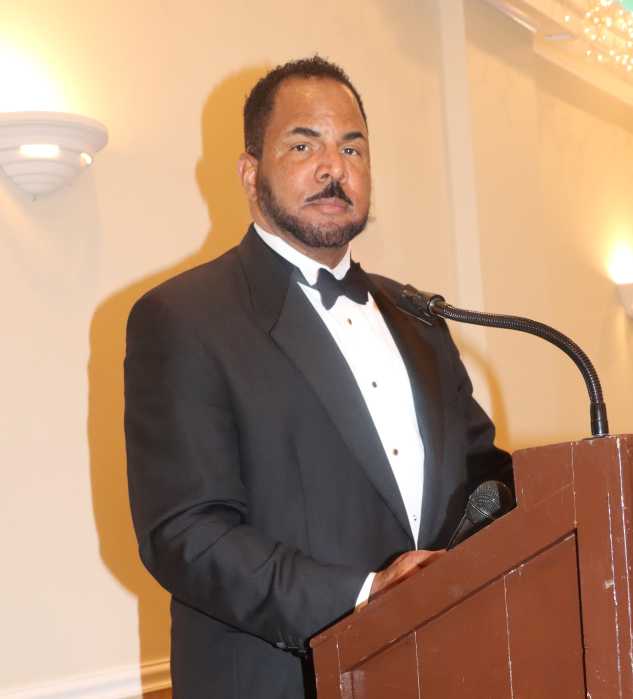A teenager who Guyanese police brutalized because they had suspected him of participating in the murder of a low level government official back in 2009 has been awarded compensation by a local court for pain, suffering and long term trauma associated with one of the country’s most bizarre torture cases.
Twyon Thomas then 14, was arrested by police on the west coast as they investigated the murder of a regional administrative official and governing party official when police decided that the only way to force a confession out of him was to set his genitals alight using a flammable substance.
The case shocked a country that has been morally numbed by a spike in violent crimes in the past decade including cases where black-clad and heavily armed gangsters invaded villages mowing down up to a dozen people at a time, among them women, the elderly and children.
Handing down a ruling as the week closed, Justice Roxanne George awarded Thomas G$6.5M or just over $32,000 as compensation for the cruelty he had suffered at the hands of a group of three detectives with close links to government officials.
The case was exposed when a rank at the station took a mobile phone photograph of the teen’s severely burned genital area with large water-filled welts on the leg and stomach and leaked it to Kaieteur News, a local tabloid newspaper.
A pro-government doctor who was asked to examine the teen while in detention simply refused to refer him to a nearby hospital, leaving him in pain in a police cell — a development Justice George said lacked “sensitivity and professionalism.”
The case was also exposed to international human rights agencies including the United Nations Human Rights Council which had extensively questioned waffling government officials during sessions in Geneva, Switzerland last year.
The three police officers who were criminally charged with aggravated assault and causing grievous bodily harm to the teen were set free by the lower magistrate’s court earlier this year after the victim and his family had failed to show up for sessions on 17 occasions.
Sources close to the family had said that Thomas has either been whisked out of the country or shunted to the interior to ensure that the case was dismissed for want of prosecution as was the eventuality.
The family had also complained that officials close to the governing party had approached them to settle the case but in the end it took a ruling from a judge to bring closure to one of the worst cases of torture in the country’s recorded history.
The judge also had words to say about the youngster’s long term prospects.
“Thomas would have to live with the horrible physical and psychological memories and trauma of what was done to him, not by ordinary persons but by law enforcement officers who were bound to serve and protect him, moreso as a child, even if he were a suspect in a criminal investigation. There is no evidence that he was,” she said criticizing most of the parties involved in the handling of his arrest and subsequent events.

























